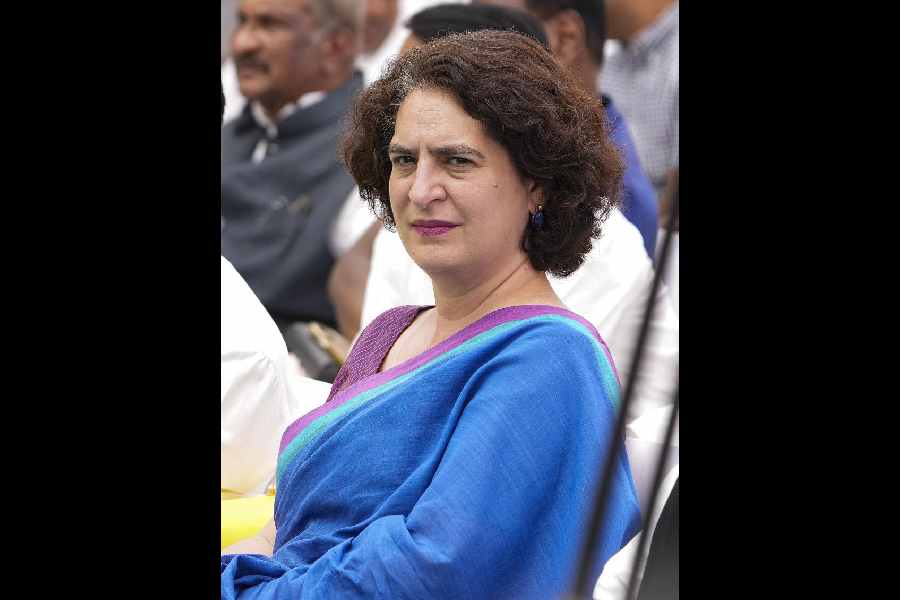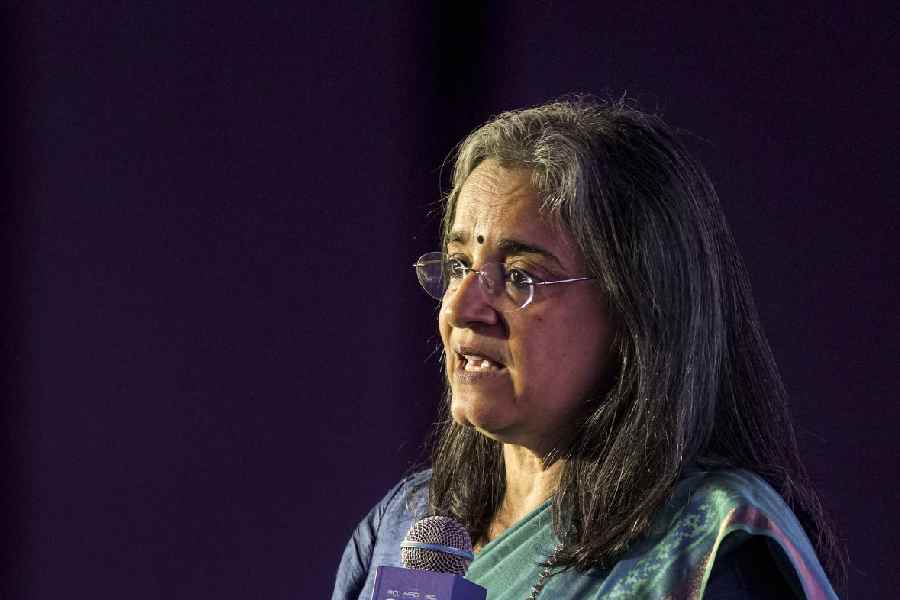The Congress on Friday released a manifesto that rests on three pillars: Delivering economic and socio-political justice to every section of society; addressing core concerns about constitutional rights; and “undoing the damage” done to the polity by the Narendra Modi government.
It is rare to find so many elements in an election manifesto that primarily deal with the decisions of the incumbent government that are problematic in the eyes of the Opposition.
The Congress has also promised to abolish the Agniveer scheme, junk the “one nation, one election” proposal, restore the Planning Commission, review GST and the national education policy, implement women’s reservation right away, restore status quo ante on the China border in Ladakh and sack the Manipur government.
The manifesto says: “The situation in Manipur has gone from bad to worse due to the callous neglect of the BJP/NDA government. Congress will remove the present state government forthwith and heal the wounds between the communities. We will appoint a reconciliation commission to bring about a political and administrative settlement that will be satisfactory to all the people of the state.”
On China, the manifesto states that the Congress recognises that national security is not enhanced by chest-thumping or exaggerated claims but by quiet attention to India’s borders and resolute defence preparedness. It reads: “We will work to restore the status quo ante on our borders with China and to ensure that areas where both armies patrolled in the past are again accessible to our soldiers. We will take the necessary steps to adjust our policy towards China until this is achieved.”
The new justice regime — Kisan Nyay, Yuva Nyay, Shramik Nyay, Nari Nyay and Hissadari Nyay — forms the core agenda of the party, thus, the leaders built their campaign around it even before the manifesto was released.
The key promises of the 25-point programme are: an MSP law for farmers, Rs 1 lakh to every woman from poor households every year, Rs 1 lakh with apprenticeship to every graduate and diploma holder for one year, minimum wage of Rs 400 per day, a Rajasthan-model health insurance scheme, urban employment guarantee scheme, a caste census and removal of the 50 per cent reservation cap.
The party has also promised to amend the Tenth Schedule (Anti-Defection Law) to ensure that the defector automatically gets disqualified. While the manifesto doesn’t talk about discarding EVMs, it says a law will be enacted to give paper slips to every voter to enhance his/her trust and count VVPAT slips to match EVM counting. The party has pledged to carry out a complete investigation into the “electoral bond scam”. It stated that the Supreme Court will have two divisions: a constitutional court and a court of appeal.
There are also other promises that could appeal to every section of society.
The party has promised to enact a law to give reservation to SCs, STs and OBCs in private educational institutions, abolish application fee for all government examinations, one-time waiver of education loans because of unemployment, free education up to Class XII, 50 per cent reservation for women in government jobs, law to protect rights of gig workers, appointment of a second ASHA worker in villages having population more than 2,500, and double the number of Anganwadi workers.
The manifesto plans to set up a “diversity commission” that will measure, monitor and promote diversity in public and private sector employment and education.











